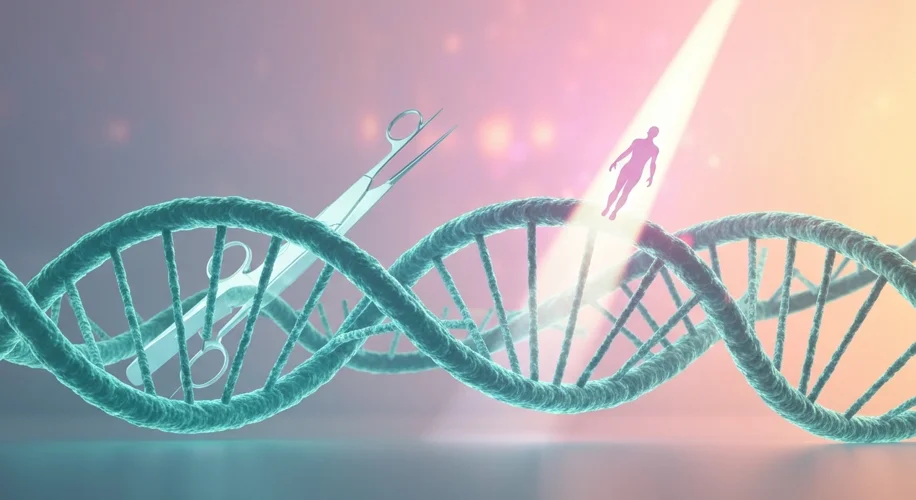It’s always inspiring to witness the relentless progress in scientific discovery, and the recent breakthroughs in cancer research are a prime example. As someone deeply interested in how science and technology can solve complex challenges, I find these advancements incredibly hopeful.
We’re seeing significant strides in how we understand and combat cancer. Researchers are delving deeper into the intricate mechanisms of cancer cells, identifying new targets for treatment. This isn’t just about incremental progress; it’s about fundamental shifts in our approach.
One area seeing remarkable development is in precision medicine. This involves tailoring treatments to the individual genetic makeup of a patient’s tumor. By understanding the specific mutations driving a cancer, doctors can select therapies that are more effective and have fewer side effects. It’s like having a highly targeted weapon against a very specific enemy.
Another exciting frontier is the advancement of immunotherapies. These treatments harness the power of our own immune system to fight cancer. Think of it as supercharging the body’s natural defenses to recognize and destroy cancer cells. Early results from trials involving new immunotherapy approaches have shown remarkable outcomes for patients with previously difficult-to-treat cancers.
Furthermore, the integration of artificial intelligence (AI) is accelerating the pace of discovery. AI can analyze vast datasets of biological information, identifying patterns and potential drug candidates much faster than traditional methods. This is helping researchers sift through complex data to find promising new avenues for treatment.
These breakthroughs are not just abstract scientific achievements; they represent tangible hope for millions of people. They underscore the vital importance of continued investment in research and development. It’s a testament to human ingenuity and the power of dedicated scientists working tirelessly to improve lives. While there’s still a journey ahead, these recent advancements offer a powerful ray of hope, reminding us of the profound impact scientific innovation can have on our world.

